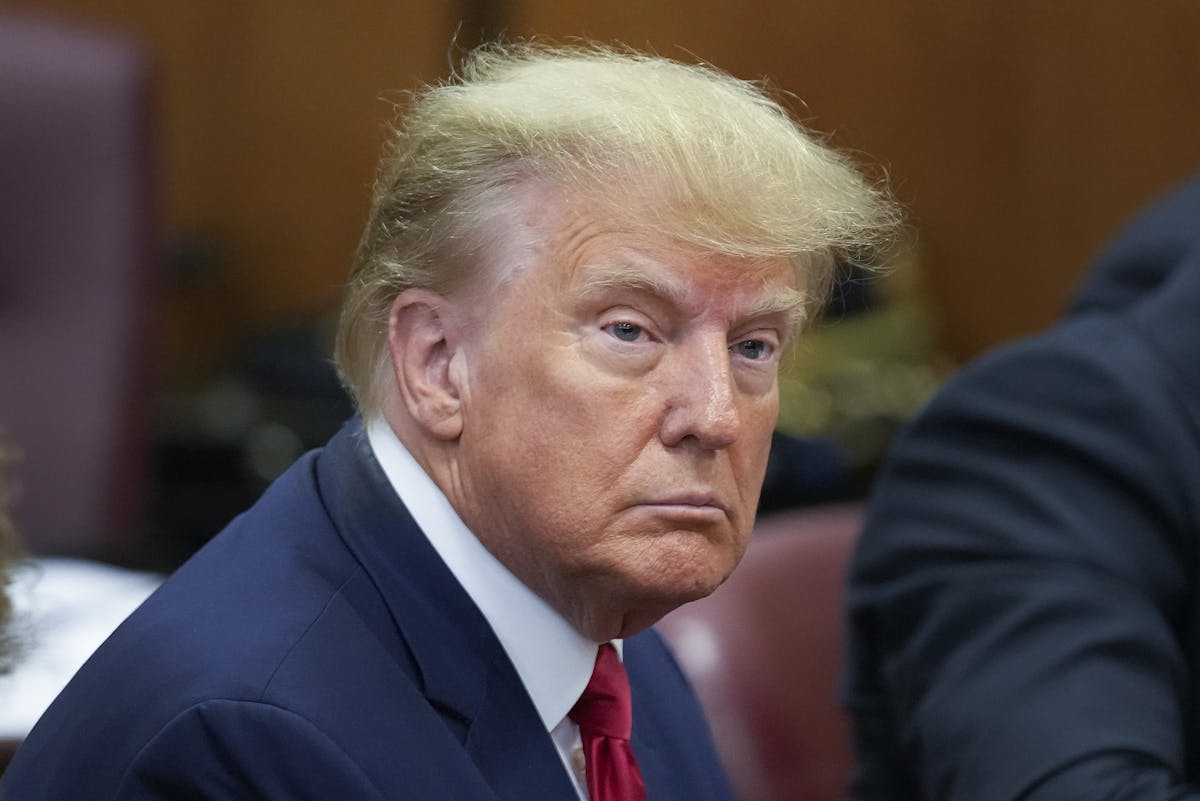High Stakes for Judge Cannon in the Trump Documents Case: Will She Agree to His Request for a Long Delay?
It is up to Jack Smith to convince her to preside over the criminal trial of the leading GOP contender for president.

The request by President Trump to delay his criminal trial in the southern district of Florida until after the upcoming presidential election confronts Judge Aileen Cannon with a momentous decision — whether to set a trial date.
That choice has come into focus after Special Counsel Jack Smith requested that jury selection begin on December 11, while Mr. Trump urged Judge Cannon to “postpone initial consideration of any rescheduled trial date.” Mr. Smith will have an opportunity to respond, but the choice — whether to hold a trial before the election — could dictate not only a verdict but a president.
Mr. Trump’s position is that “there is simply no question that any trial of this action during the pendency of a Presidential election will impact both the outcome of that election” and the former president’s ability to secure a fair trial. This case, he argues, is “one in which opposing candidates” — Presidents Trump and Biden — “are effectively (if not literally) directly adverse to one another in this action.”
Judge Cannon has already displayed an instinct for seeking scheduling compromise, pushing back a pretrial conference to July 18 from July 14 to accommodate the litigation calendar of one of Mr. Trump’s attorneys, Stanley Woodward. Mr. Trump’s refusal to name a preferred date for the trial, though, could make such middle ground more difficult to reach.
Should Judge Cannon be persuaded by Mr. Trump’s position that a trial before the presidential election would inevitably run afoul of due process protections, Mr. Smith could find his prosecution at an impasse before it lifts off. Such a position would be a reversal for the jurist, who has already tentatively set a trial date of August 14.
If Judge Cannon opts for a delay until after the election — when Mr. Trump could be president, and presiding over the Department of Justice — Mr. Smith will likely turn for relief to the 11th Circuit of the United States Court of Appeals. While trial judges like Judge Cannon have broad authority to schedule their cases, they are ultimately supervised by appellate riders.
Mr. Smith could seek a writ of mandamus, in this instance an order to a lower court from a higher bench directing it to perform an action, like scheduling a trial. Such a maneuver is only possible, though, as a last resort, when no other recourse is possible. It dates to the time when the king of England issued commands to his subjects.
The United States attorney’s office, under whose auspices Mr. Smith works, notes in guidance that “mandamus is an extraordinary remedy, which should only be used in exceptional circumstances of peculiar emergency or public importance.” In his filing, Mr. Trump calls the case against him an “unprecedented and extraordinary action.”
One hurdle for Mr. Smith could be the Constitution. The right to a “public and speedy trial” is to be “enjoyed” by only the “accused,” not the prosecutor. Similarly, it is to the defendant that due process is owed, and it is the government that is bound by it. Mr. Smith could move for Judge Cannon’s recusal, but she would be the sole decider of that on the first instance.
Mr. Smith, though, has already reached beyond Judge Cannon to the 11th Circuit, with success. At an earlier stage in this case, the judge ordered a special master be appointed to superintend the government’s handling of the documents found at Mar-a-Lago. She also enjoined prosecutors from building their case until that expert completed his review.
The government appealed, and a unanimous panel of riders overturned Judge Cannon’s ruling, which they called a “radical reordering of our case law limiting the federal courts’ involvement in criminal investigations” that would “violate bedrock separation-of-powers limitations.”
Now, that same judge is, in the words of Mr. Trump’s petition, charged with safeguarding the “interests of our Nation in maintaining the legitimacy of, and confidence in our system of justice.”

